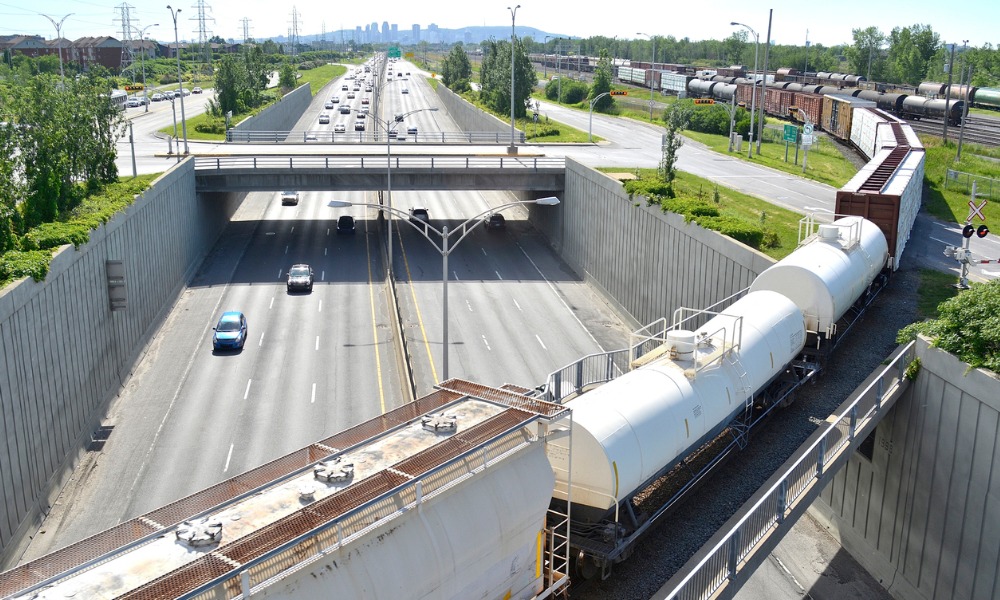Says CN, CPKC 'took deeply unhelpful decision to lock out employees after talks reached an impasse'

Prime Minister Justin Trudeau said that the decision for his government to call for binding arbitration at Canadian National Railway (CN) and Canadian Pacific Kansas City (CPKC) was made “reluctantly” – but it was the only logical move.
"Unfortunately, CN and CPKC took the deeply unhelpful decision last Thursday to lock out employees after talks reached an impasse," Trudeau said in a speech in Winnipeg on Wednesday to a meeting of the International Union of Operating Engineers, according to a CBC report.
“That came with a cost of over a billion dollars of shipments per day … and it raised serious public safety concerns, with everything from propane for remote hospitals to chlorine for safe drinking water being transported on our rails."
On Thursday, Labour Minister Steve MacKinnon invoked Section 107 of the Canada Labour Code to impose binding arbitration on the dispute between CN, CPKC and the Teamsters union, which represents engineers, conductors, and yard workers.
The news comes after CN and CPKC locked out 9,300 workers after the groups failed to come to an agreement by midnight.
CPKC workers went on strike at the same time the lockout took effect, noted CBC. Teamsters also issued a strike notice to CN.
CN, CPKC to abide by CIRB order
On Saturday, both CN and CPKC received an order from the Canada Industrial Relations Board (CIRB) imposing binding arbitration between the Company and the Teamsters union. The CIRB has also ordered that no further labour stoppage, including a lockout or strike, can occur during the arbitration process.
Following the order, CN said it will comply with the order, which also extends the current collective agreement until a new agreement is signed between the parties.
CPKC also said it will fully comply with the order. The employer executed its restart plan “for the safe and orderly resumption of rail service across Canada”.
Teamsters challenging decision ‘all the way to the Supreme Court’
But the Teamsters union does not agree with the development.
On Wednesday, it claimed that by invoking Section 107 of the Canada Labour Code, “MacKinnon abused his power by establishing a system where he alone can unilaterally end job action in the federally regulated private sector”.
“The right to strike is a constitutional guarantee for Canadian workers. Without it, unions lose critical leverage to negotiate better wages and safer working conditions. Corporate Canada will seize upon this, becoming less inclined to negotiate in good faith, knowing the government can now bust a union on a whim,” the union said.
Teamsters also said that it intends to challenge the CIRB decision “all the way to the Supreme Court if necessary”.
Negotiations between Teamsters and the employers have stalled for months.




